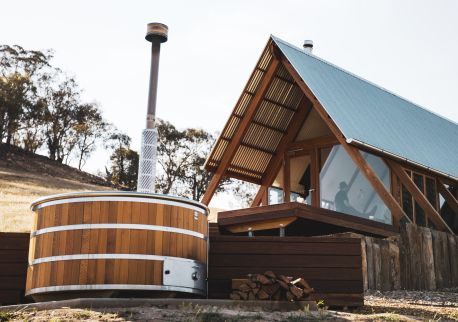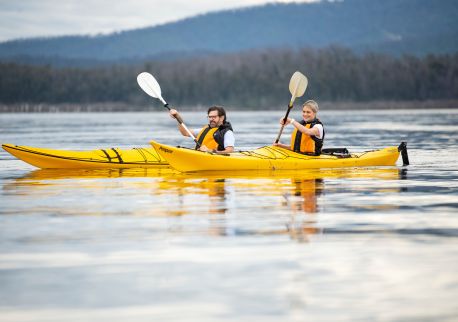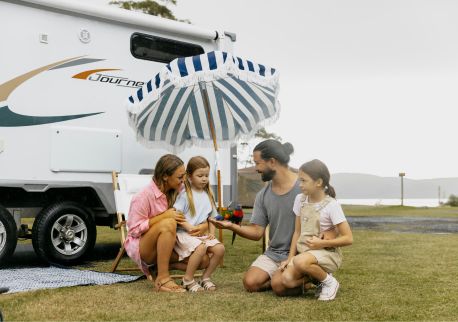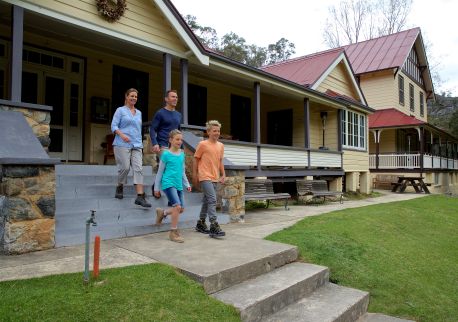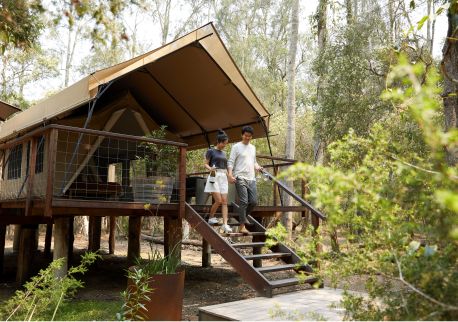The German Club
Highlights
Overview
The German Club is not your traditional club. It is a great place to come and enjoy a time of relaxation and to eat and drink the German way.
The club was originally established as a place where German people went to find their own countrymen. A place where they could find something of what they had left behind. They developed groups within the club. A welfare group, a German Male Choir, Skat Card group, to name a few. As time went on, the members thought they would like to share what they had with everyone else.
As a result of this decision, everyone is welcome to join the warm friendly atmosphere of this small intimate club. If you like it enough, you could become a member.
The club can cater for any function and more than happy to discuss your particular needs to ensure a successful event.









